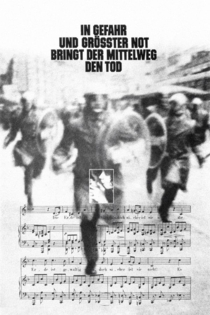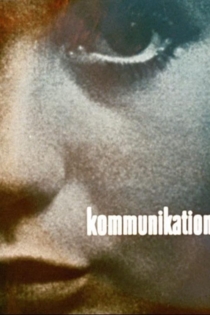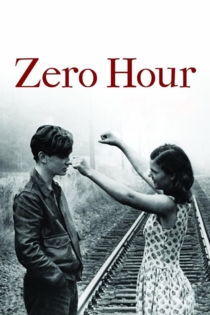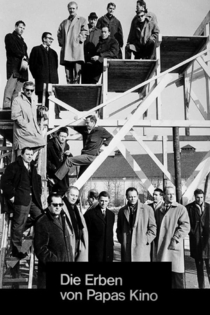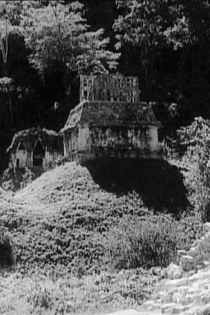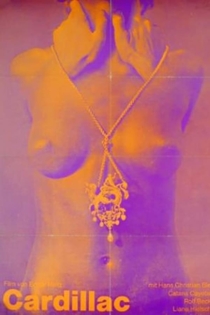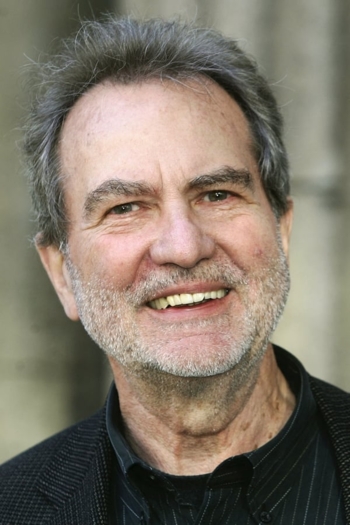
Edgar Reitz
1932 (93 года)Die andere Heimat - Chronik einer Sehnsucht
Edgar Reitz
Jan Dieter Schneider, Antonia Bill
Follow-up to the TV trilogy “Heimat”, this time for cinemas, set again in the fictional village Schabbach in the Hunsrück region of Rhineland-Palatinate.
Home from Home – Chronicle of a Vision
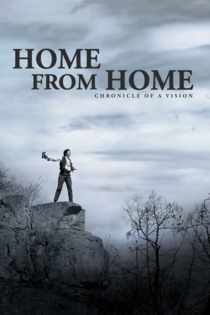
Film Beyond Cinema: The Dumpster Kid Experiment and Other Utopias
Robert Fischer
Edgar Reitz, Ula Stöckl
For over half a century, the filmmaker Edgar Reitz, one of the signatories of the Oberhausen Manifesto and a pioneer of epic film narration, has explored, as a practitioner and theoretician, the rules and limits of cinema, which he always seeks to break and extend in new ways. One example of his tireless search and research are the Geschichten vom Kübelkind, which he co-directed with Ula Stöckl in 1969/70, 22 absurdly funny, subversive and anarchistic short films of different lengths, which consciously oppose all conventions, with incredible success. The films remain unrivalled in their Dadaistic inventiveness.
Film Beyond Cinema: The Dumpster Kid Experiment and Other Utopias
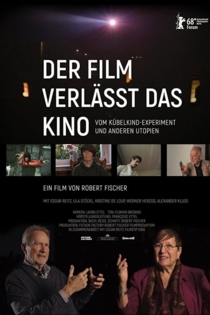
Heimat-Fragmente: Die Frauen
Edgar Reitz, Christian Reitz
Nicola Schössler, Henry Arnold
Lulu, the daughter of musician Hermann Simon, is looking for something she feels is missing from her life. She delves into the past and is transported to the lives of her ancestors via dreamlike sequences that show the hopes and realities of her female relations over the course of an entire century. Heimat Fragments is an intoxicating trip into the lives of venerable characters from different periods in Lulu's family history, from long-forgotten scenes of war to every day family life on the farm. This gripping film shows fragments of the lives that shaped her own. Her gaze into the past does not simply signal the end of her youth, it means the beginning of a newly gained freedom.
Heimat Fragments: The Women
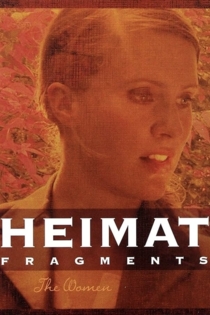
Deutschland im Herbst
Peter Schubert, Volker Schlöndorff
Hannelore Hoger, Angela Winkler
Germany in Autumn does not have a plot per se; it mixes documentary footage, along with standard movie scenes, to give the audience the mood of Germany during the late 1970s. The movie covers the two month time period during 1977 when a businessman was kidnapped, and later murdered, by the left-wing terrorists known as the RAF-Rote Armee Fraktion (Red Army Fraction). The businessman had been kidnapped in an effort to secure the release of the orginal leaders of the RAF, also known as the Baader-Meinhof gang. When the kidnapping effort and a plane hijacking effort failed, the three most prominent leaders of the RAF, Andreas Baader, Gudrun Ensslin, and Jan-Carl Raspe, all committed suicide in prison. It has become an article of faith within the left-wing community that these three were actually murdered by the state.
Germany in Autumn
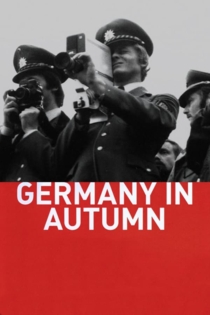
Geschichten vom Kübelkind
Edgar Reitz, Ula Stöckl
Kristine De Loup, Bruno Bendel
The Dumpster Kid is an artistic creation: in every story society forces her to learn something. But she, fully grown from the moment of her birth, unquestionably learns more than is called for. This extra knowledge, which is not wanted by society, regularly brings her into danger. Dumpster Kid dies in each story, and across each genre. Her stories are set in a whole range of different time periods. What is a Dumpster Kid?
Tales of the Dumpster Kid
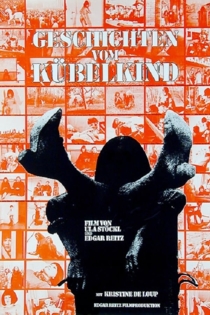
Der Schneider von Ulm
Edgar Reitz
Tilo Prückner, Vadim Glowna
The true story of the Bavarian Tailor Albrecht Berblinger who, after a strange encounter with a balloon starts building a flying machine. Although not an engineer by profession, he never gives up. No matter how many obstacles are put in his way nor how many failures he endures, his ardour is never dampened. He continues with his dream to fly like a bird.
The Tailor from Ulm

In Gefahr und größter Not bringt der Mittelweg den Tod
Edgar Reitz, Alexander Kluge
Dagmar Bödderich, Jutta Winkelmann
Combining fictional and documentary modes, the film takes a critical stance toward Frankfurt's public sphere and urban redevelopment. Despite the serious formal and political concerns of the film, Kluge's heightened sense of the absurd safeguards a reserve of utopian optimism.
In Danger and Dire Distress the Middle of the Road Leads to Death
